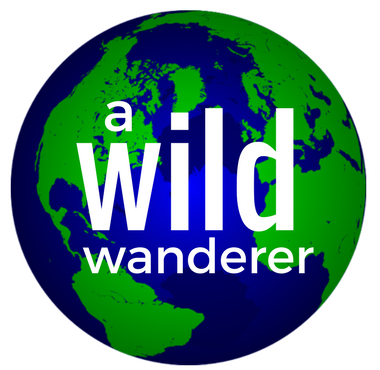 When I was growing up, I believed Remembrance Day was about the World Wars, about remembering history so as not to repeat it. Vietnam was the recent past, and Korea was in there somewhere. But school focused on the “big ones,” and many of us had grandparents who fought in WWII so it was personal to us, in a distant, elder storytelling kind of way, and WWI brought us In Flanders Fields, the date 11/11 and the moment of silence at 11 am.
When I was growing up, I believed Remembrance Day was about the World Wars, about remembering history so as not to repeat it. Vietnam was the recent past, and Korea was in there somewhere. But school focused on the “big ones,” and many of us had grandparents who fought in WWII so it was personal to us, in a distant, elder storytelling kind of way, and WWI brought us In Flanders Fields, the date 11/11 and the moment of silence at 11 am.
My Grandpa MacDonald repaired tanks and would animatedly tell stories about his war adventures — none of which I can recount because as soon as he started on the “boys tales” my grandmother would whisk me into the kitchen to play Scrabble with her for “girl talk” as I strained my ears in vain to catch snippets about tank wheels escaping down hills and starving villagers eating tulip bulbs. It took an iPhone app decades later to make me stop hating Scrabble.
I did know that Grandpa had helped liberate a Dutch town called Eindhoven, because the letter from the mayor thanking the surviving soldiers always hung in pride of place on his kitchen wall. My child brain felt a disconnect between his apparent affection for those days and the horrors of war I’d read about, in school and in my too-young Elie Wiesel phase, plus the muted references to Grandpa’s shell-shocked re-entry back home.
War is simple to a child: it’s bad. I suppose I grasped that atrocities had to be stopped, but in my mind the equation was something like two Very Bad Things colliding, and the ideal would be to stop the Most Very Bad Thing before it provoked a war somehow. That’s the child’s prerogative, to leave a lot unexplained on that “somehow.” I thought war was in the unenlightened past, and that when the last WWII veteran died, Remembrance Day would die too.
As an adult who has fewer answers than the child I was, I don’t quite know what to do with Remembrance Day. I still remember my grandpa, for whom war was a life-defining experience. I remember the lessons of that war, such as the lines I wrote after a trip to Dachau, echoing a quote of Wiesel’s:
I find hope in remembering the past, realizing that it’s part of us today, and understanding that we have the power to choose light over dark, day over night.
But the hope is tempered with a more adult confusion about the meaning of modern war. When the world is in a protracted state of war against terror, when Canadian soldiers were recently dying overseas in a war where I’m not sure we should have sent troops, when Canada’s treatment of veterans is regularly questioned, what am I remembering now? What is the hope, now?
It can only be that we don’t ask for the sacrifice unless necessary — and that’s a lot unexplained on “necessary” now — and that we honour those necessary sacrifices made, right?
Right.

I’m even more torn personally. The more I look into even the “big” ones, the more I find the phrase “history is written by the victors” to be true.
Having had relatives on the “other side” also makes me wonder about the “support” we are supposed to blindly give despite the reasons behind the modern conflicts you mention.
Watching the USA attacks based on flimsy excuses which later proved false being a prime example.
I also think there is a big difference between the “professional soldier” and the “conscripted soldier”. That’s not to say I don’t respect the sacrifice the soldier may make, but it does leave me feeling conflicted.
That is funny because I have no memories of Dad talking about his war experiences, (well, the bad experiences), however my brothers have told me stories so he must have related these to the “boys”. Mom always protected the girls from any “manly conversations”. Too bad because I, too, had an avid interest in his war adventures. He did suffer from PTSD, had terrible nightmares and we were always hushed when we were too noisy as “dad couldn’t stand a lot of noise, and particularly loud noises, sudden screams etc.” That is the reason I think that he secluded himself and the family on the farm and never wanted to go to the fair or like events when they came to town. I remember driving by “the fair”, seeing the rides and we had to get home to the farm, after shopping in town, rather than go into the fair. I have a lot of sympathy for him now and a better understanding of him than I did even 15 years or so ago. There wasn’t any support or psychiatric help after the second world war for the soldiers who suffered from PTSD and most of them did! The ones who talked a lot about their experiences overseas dealt with life a lot better than the ones who wouldn’t talk about the horrors they had seen.